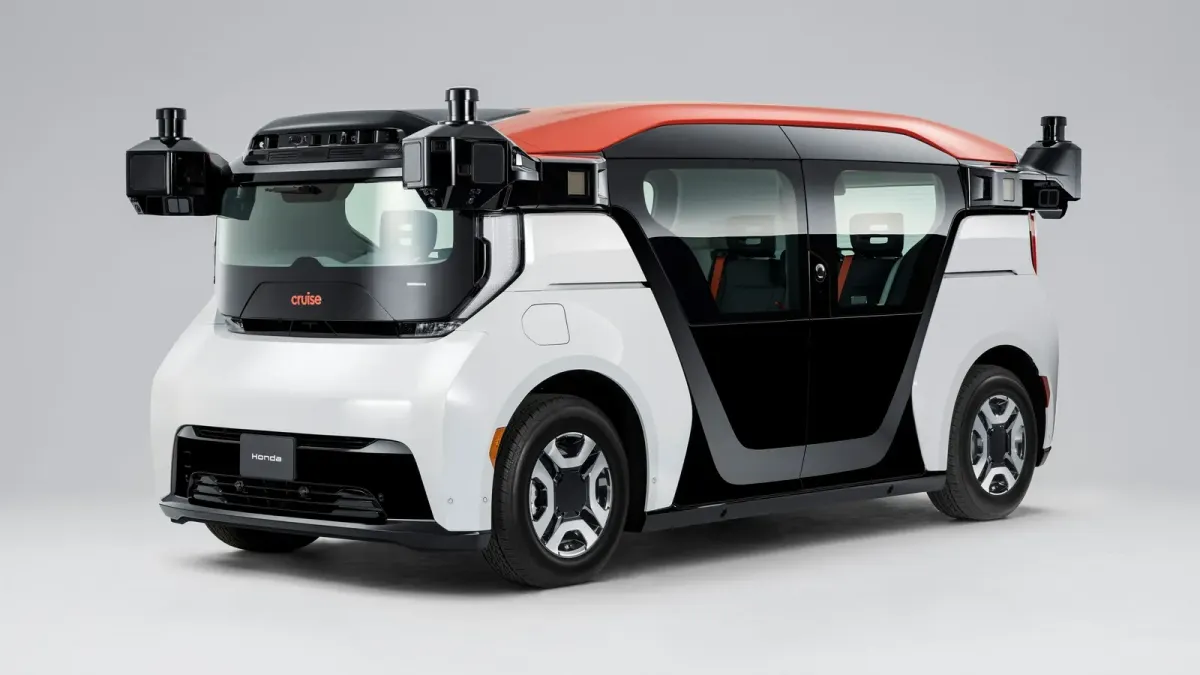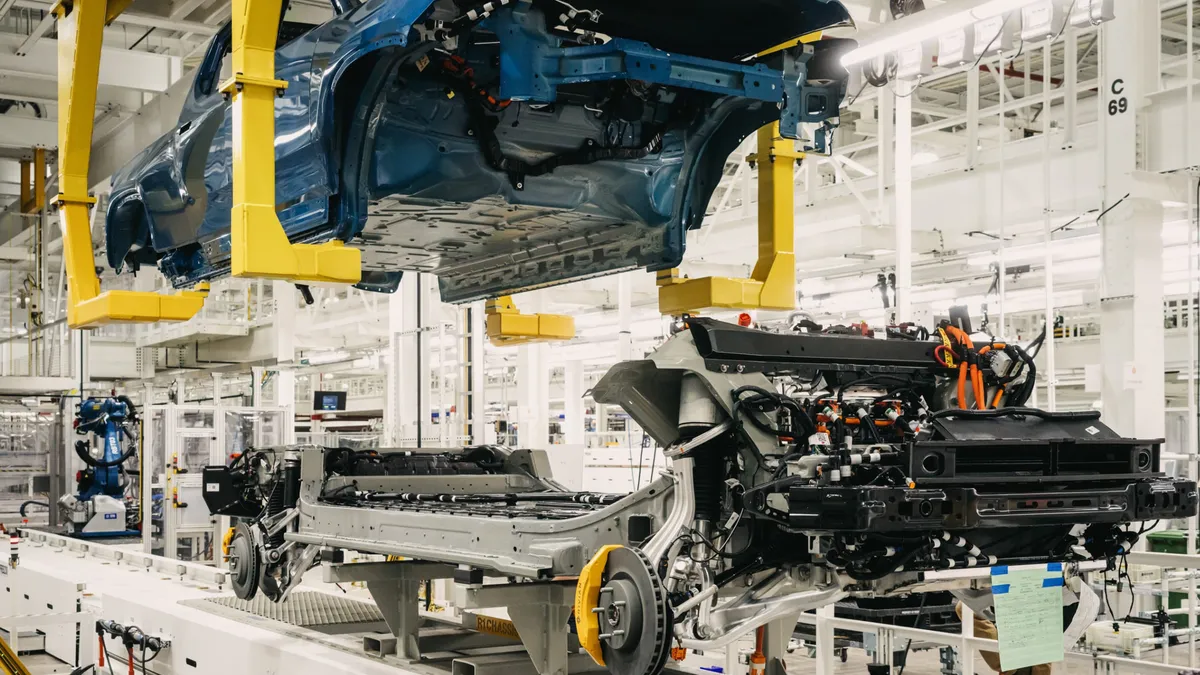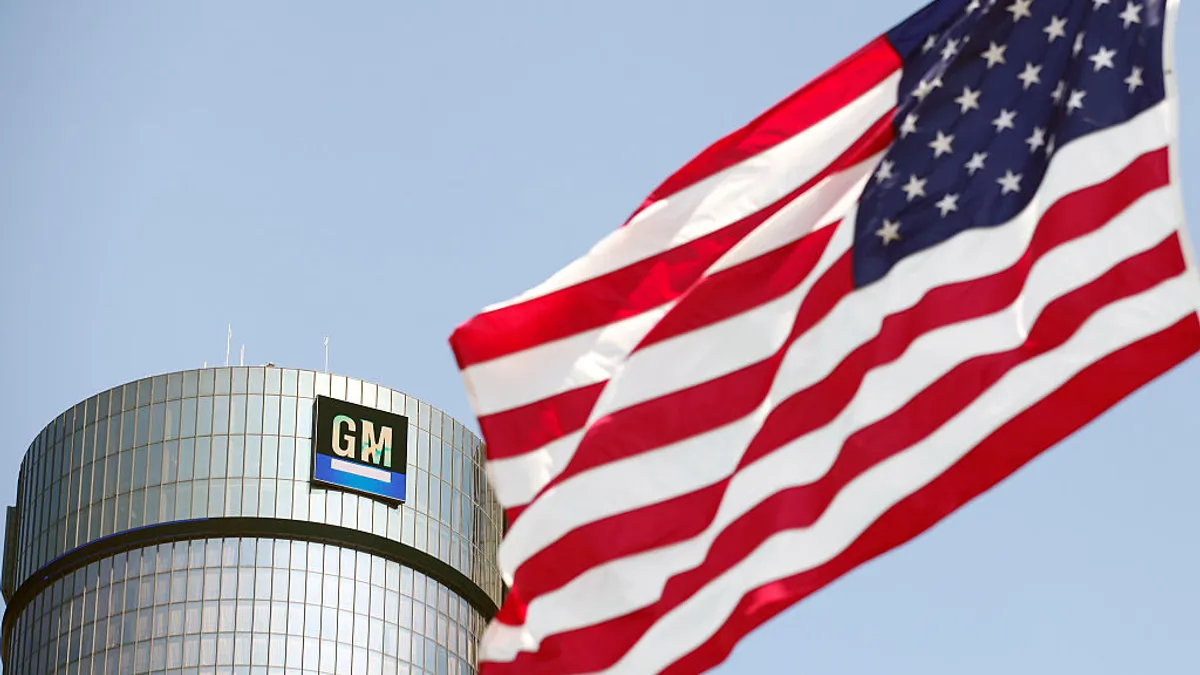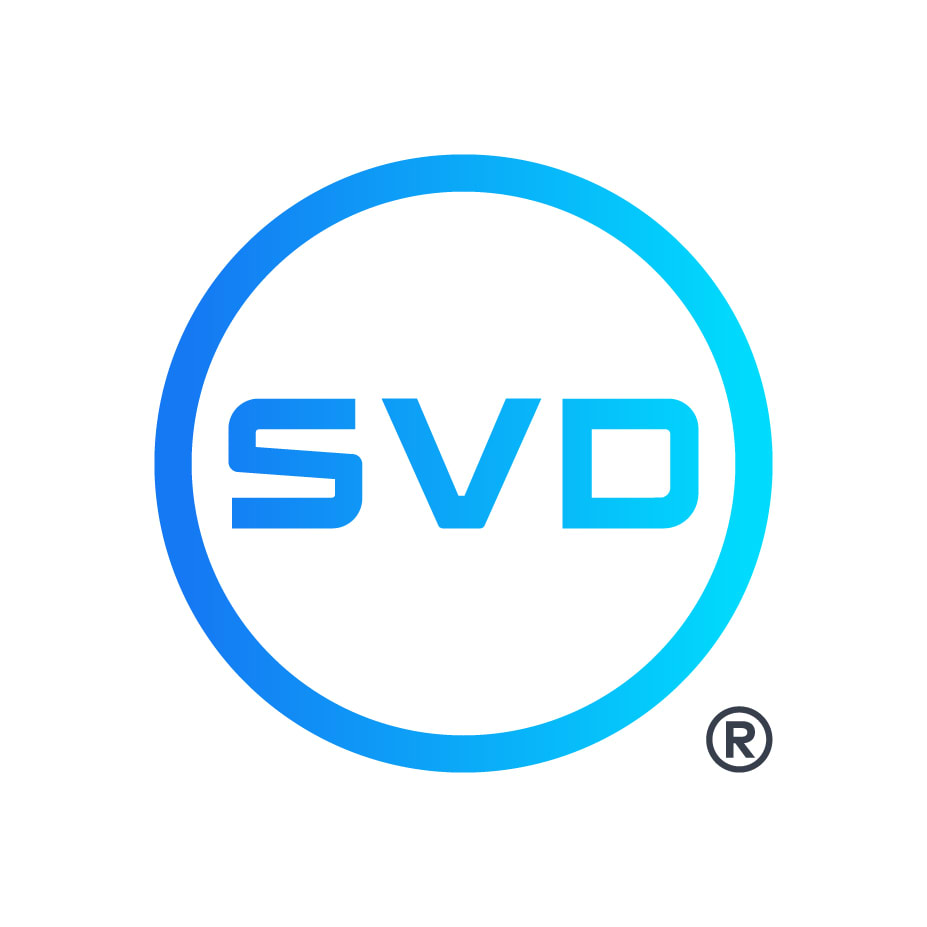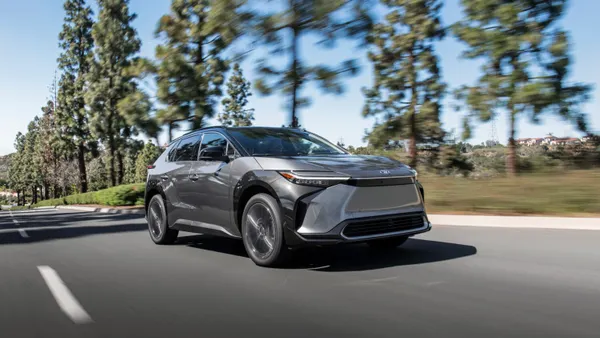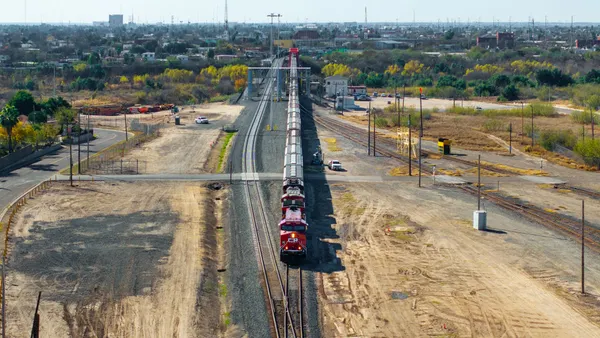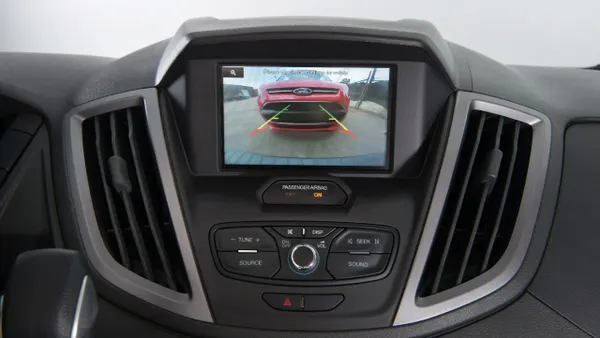Dive Brief:
- The National Highway Traffic Safety Administration has streamlined its “Part 555” exemption process, which permits manufacturers to sell up to 2,500 motor vehicles a year that do not fully comply with current Federal Motor Vehicle Safety Standards, Transportation Secretary Sean Duffy announced in a June 13 press release.
- The streamlined application process, the framework of which was announced in April, extends to commercial robotaxis and other autonomous vehicles built without steering wheels, pedals or mirrors, which is a requirement for all passenger vehicles. The revisions are designed to expand mobility options in the U.S. and foster innovation in the development of self-driving technology.
- The revised Part 555 exemption also includes internal changes at the NHTSA to expedite application processing time, improve transparency and increase engagement, which includes notifying companies of what to expect during the process.
Dive Insight:
In a letter to stakeholders announcing the updates, the NHTSA said the previous Part 555 exemption was intended for traditional vehicles and was not well suited for vehicles with autonomous driving capabilities. It added that the streamlined application process would expedite deployment of robotaxis and autonomous trucks carrying fright.
The NHTSA anticipates that the changes will reduce application processing times for exempt vehicles from years to months.
“The Part 555 exemption process has been rightly criticized for taking years – bogging developers down in unnecessary red tape that makes it impossible to keep pace with the latest technologies,” Duffy said in a statement. “We’ve streamlined this process to remove another barrier to transportation innovation in the United States, ensure American AV companies can out-compete international rivals, and maintain safety.”
Although the changes allow manufacturers to sell up to 2,500 vehicles each year, companies still must demonstrate to the NHTSA that their vehicles provide an equivalent safety level as FMVSS compliant passenger vehicles and that the exemption is in the public interest, according to the release.
The previous Part 555 exemption process for AVs hindered innovation and stifled progress, per the NHTSA, as deploying and testing these types of vehicles on public roads in the U.S. is a necessary safety step, especially for those intended to carry passengers.
In 2020, the NHTSA granted one of the first exemptions to AV startup Nuro to deploy its compact R2, a low-speed, electric delivery vehicle which was not designed to carry passengers and could operate on sidewalks.
In 2022, General Motors requested the NHTSA revise its Part 555 exemption for vehicles it planned to use for its former Cruise robotaxi service in San Francisco. The automaker sought to deploy a fleet of Chevrolet Bolt AVs built without steering wheels or pedals, as well as the multi-passenger Cruise Origin autonomous shuttle built in collaboration with Honda Motor Co. and not equipped with any human driver controls. GM has since abandoned its robotaxi plans and its subsidiary Cruise now develops autonomous driving technology for its passenger vehicles.
“This next step in NHTSA’s AV Framework will advance innovation by supporting the commercial deployment of purpose-built automated vehicles that can satisfy safety requirements,” NHTSA Chief Counsel Peter Simshauser said in the release. “The agency continues working to modernize the FMVSS for automated vehicles, and in the meantime Part 555 exemptions will play an integral role in enabling the ongoing advancement of our domestic AV industry.”
The NHTSA also amended its Standing General Order on Crash Reporting effective June 16 for vehicles equipped with advanced driver assistance systems and other autonomous driving technology. Among the changes, it requires that companies submit a report to the NHTSA within five days of any serious crashes with airbag deployment if a vehicle’s automated driving system was engaged.
The NHTSA’s Part 555 exemption updates are supported by various trade groups, including the Alliance for Automotive Innovation, American Trucking Associations, Autonomous Vehicle Industry Association, Intelligent Transportation Society of America and the Zero Emission Transportation Association.
The group of companies sent a letter to Duffy in March urging that the agency to make policy changes to accelerate the deployment of AVs and help the U.S. remain a global leader in the technology.



